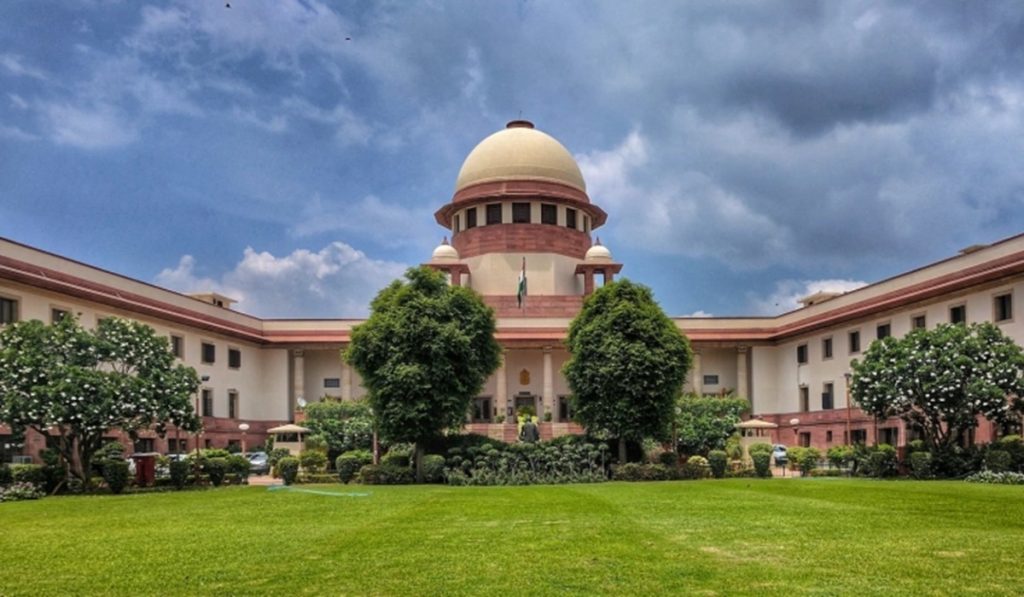New Delhi: The Supreme Court on Monday refused to entertain a fresh petition challenging the recent amendments to the Waqf Act, 1995.
A bench, headed by CJI Sanjiv Khanna, told the petitioner that it cannot deal with hundreds of petitions on the same issue and that the petitioner may choose to file an intervention application in the petitions challenging the Waqf (Amendment) Act, 2025, if so advised.
The CJI Khanna-led Bench, on April 17, the previous date of hearing, decided to treat five writ petitions as lead cases and said that other pleas will be treated as intervention applications. Further, it ordered the apex court registry to rename the cause titles of the proceedings as “In Re: The Waqf (Amendment) Act, 2025”.
The Bench, also comprising Justices Sanjay Kumar and K.V. Viswanathan, granted a week’s time to the Centre and state governments and the Waqf Boards to file their preliminary reply.
During the course of the hearing, the Union government assured the Supreme Court that it would not de-notify provisions related to ‘waqf by user’ or include non-Muslim members in the Waqf Board.
Posting the matter for further hearing on May 5, the apex court said that the hearing fixed on the next date will be a preliminary hearing and, if required, interim orders will be passed.
In its preliminary affidavit, the Centre said that it brought amendments to prevent abuse of waqf legislation, which resulted in the encroachment of government properties, apart from ensuring that the Waqf Boards in the country are properly administered and function with transparency.
“It is submitted that there have been reported misuse of waqf provisions to encroach on private properties and government properties. It is really shocking to know that after the amendment brought in the year 2013, there is a 116 per cent rise in auqaf area,” the Union Ministry of Minority Affairs said.
